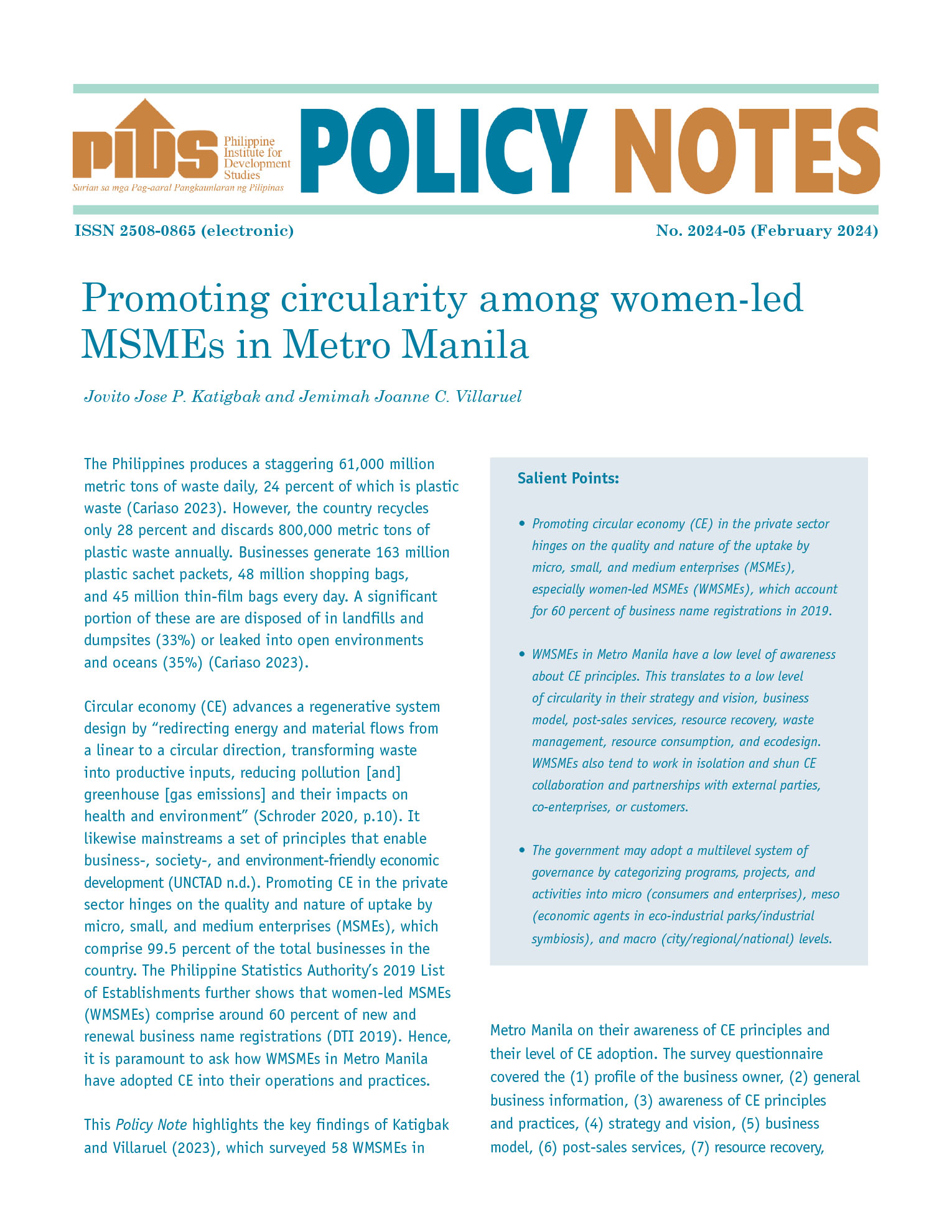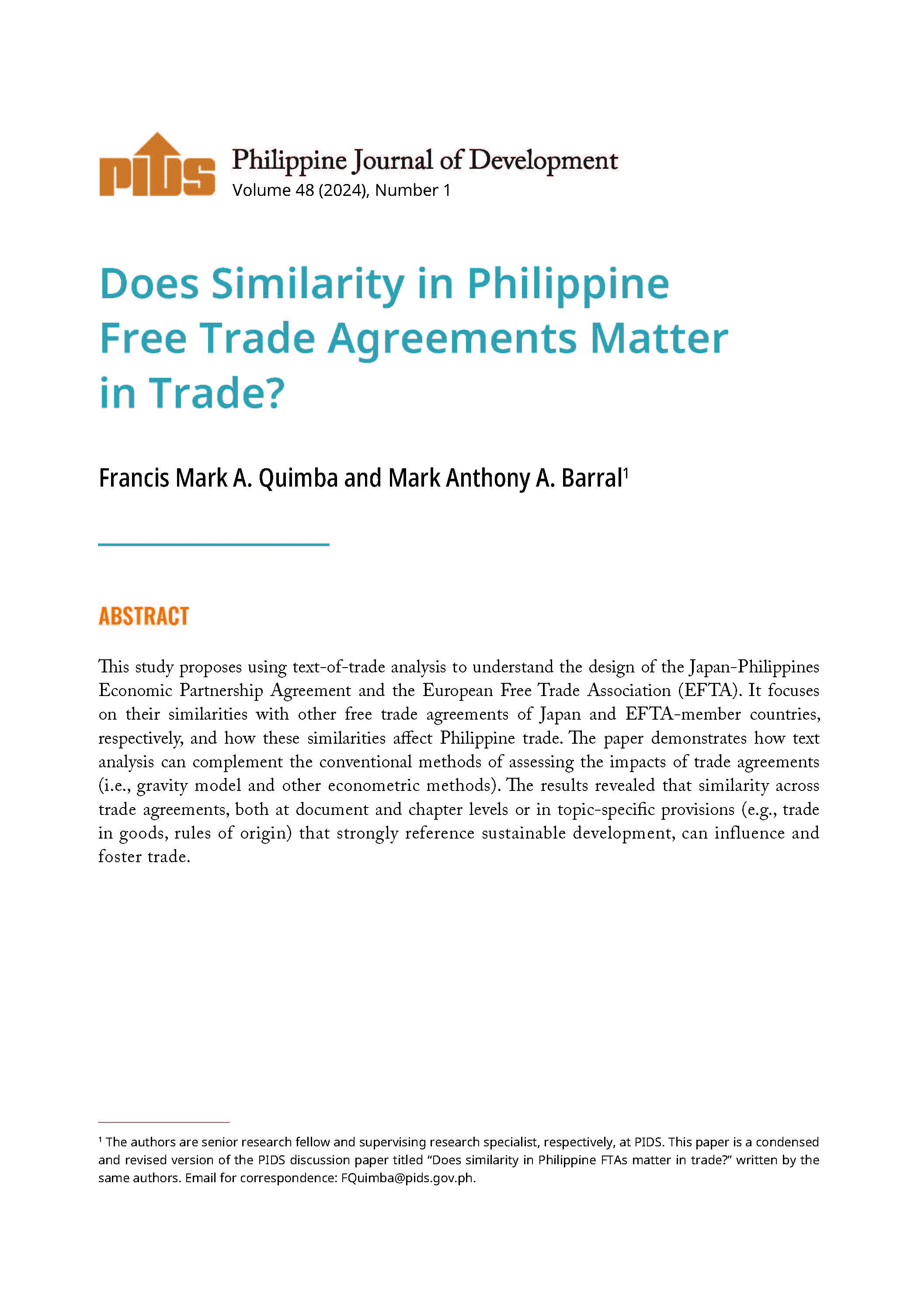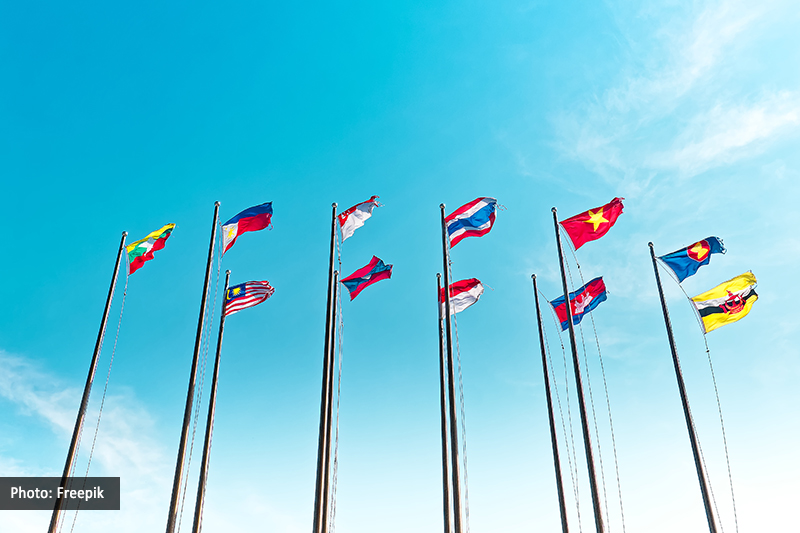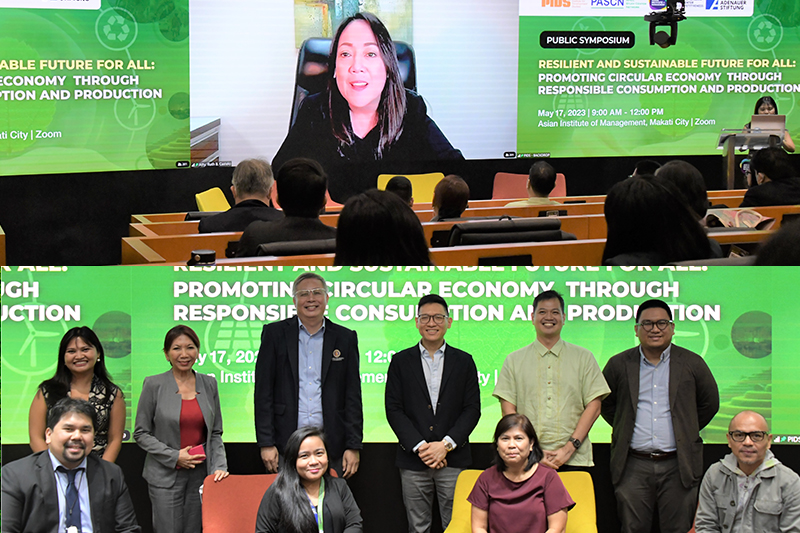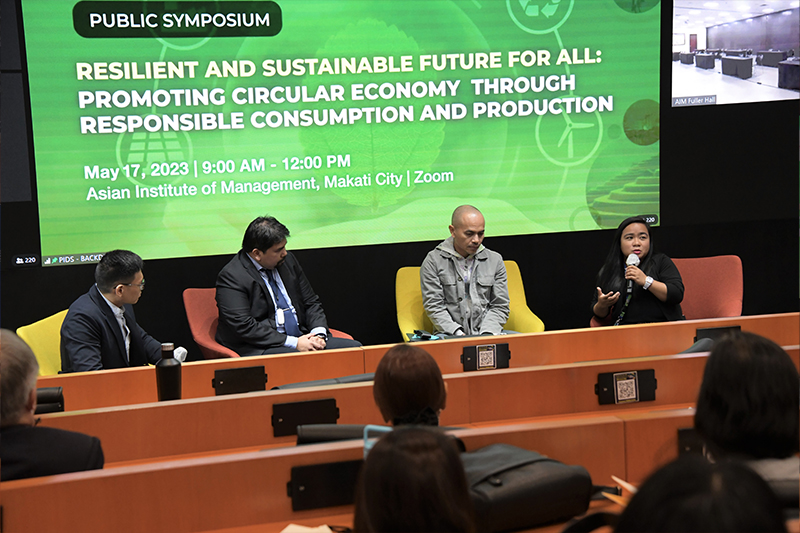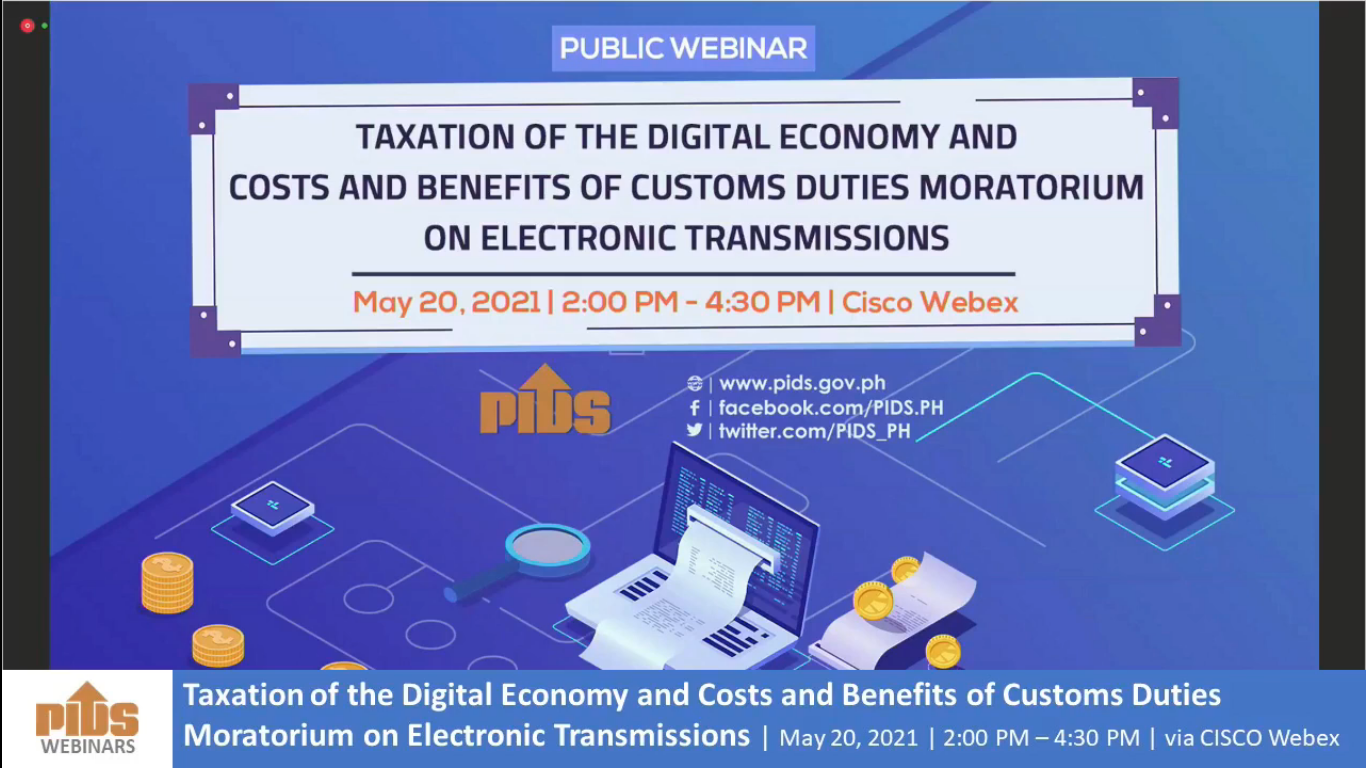Metro Manila (CNN Philippines, February 24) — The Philippines has to shape up so that it can fully reap the benefits from the freshly-ratified regional free trade agreement and will not be left out by its Southeast Asian neighbors, National Economic and Development Authority (NEDA) Secretary Arsenio Balisacan said.
Balisacan said the Philippines could take the cue from its ASEAN peers Vietnam, Thailand and Indonesia that did more than trade deals to attract foreign investors and engage the private sector.
The Philippines has to “speed up the development” also of the agriculture sector, and competition from foreign players through Regional Comprehensive Economic Partnership (RCEP) provides that fresh impetus, he emphasized.
“Because the benefits from RCEP are not short-term. We cannot afford to be left out," the NEDA chief said in a chance interview on the sidelines of a Makati Business Club forum.
"Because the truth is if you don’t shape up, investors are looking at other countries out there,” he added. “Tayo lang ang country na napaka-slow (We are the only country that is very slow in) coming up with trade agreements."
According to the socioeconomic planning chief, infrastructure bottlenecks and other regulatory hurdles also have to be addressed to reel in more foreign investors.
“The question on whether we will gain from RCEP, the answer is very clear," he said. "How much we will gain depends on what else we will do to improve the investment climate in the country."
“This RCEP is an additional lever but it is not sufficient to create those quality jobs that we need..." he also said. "We have to address the infrastructure backlogs. Because even if you open up the economy and you don’t fix your infrastructure they will not come."
Balisacan’s remarks were in response to journalists’ queries on how much the RCEP could translate to gains in Philippine gross domestic product (GDP), exports and inflation.
Government think tank Philippine Institute for Development Studies (PIDS) in 2021 made simulations that three of the five economic superpowers outside ASEAN will gain the most from RCEP — China, Japan and Korea — with economic impacts ranging from 0.13% of GDP (China) to as much as 0.66% (Japan).
RCEP was championed by China and approved in 2020, but the Philippines was among the last two member-nations that ratified it.
By PIDS reckoning, on a net basis, the Philippines stands to gain from RCEP in the form of higher exports, lower consumer prices and higher incomes for households.
RCEP’s impact to Philippine GDP would be 0.66% by 2024, according to the PIDS policy paper.
Philippine consumer prices could decline to as much as 0.79% by next year, the think tank added.
Balisacan pointed out that these are simulations and that the Philippines has to do more to get there.
The Department of Trade and Industry will be the lead agency to operationalize the provisions of RCEP given that it is a trade deal.
The Bureau of Customs will also have to implement the tariff provisions of the regional trade pact.


